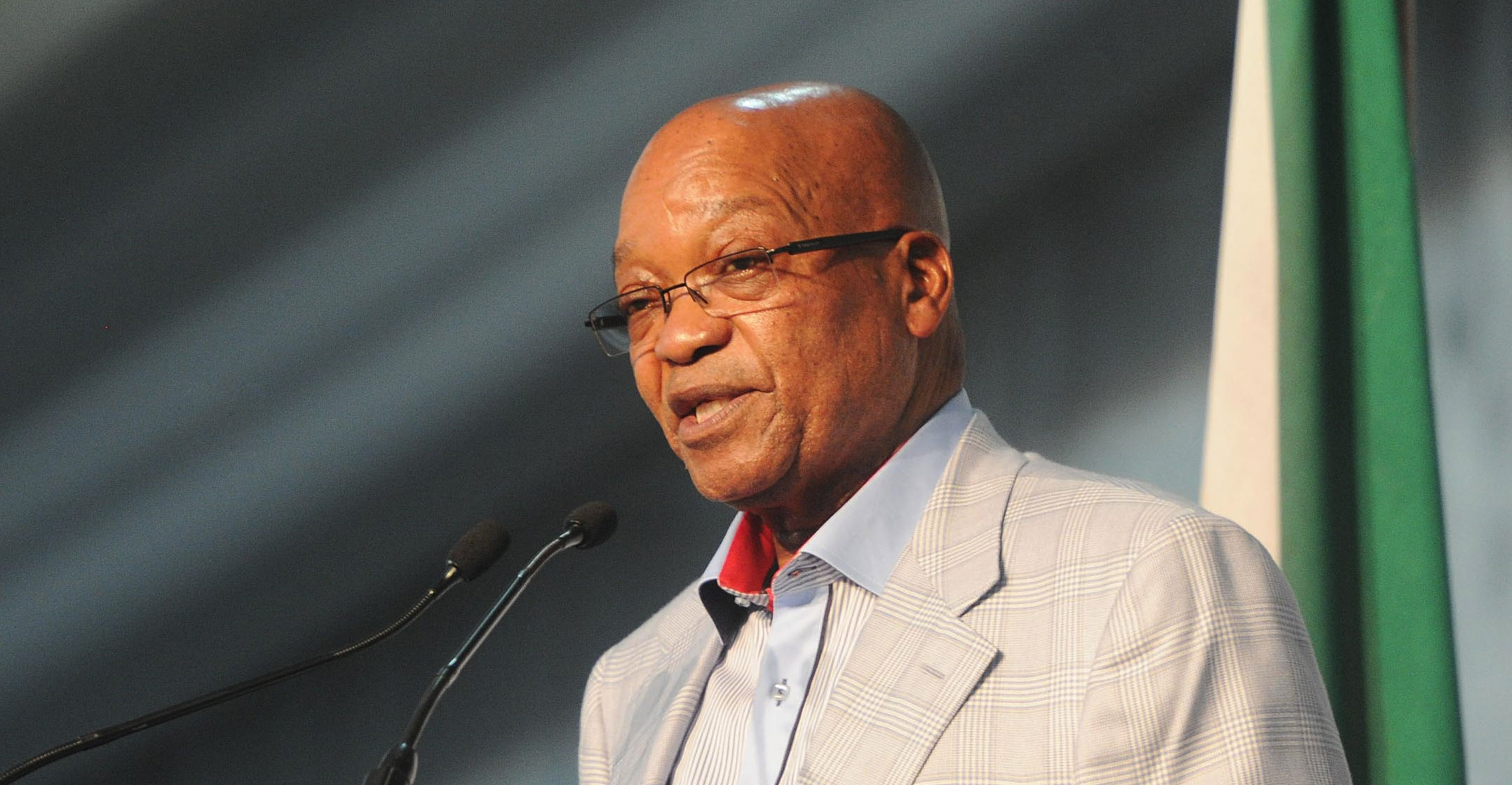
President Jacob Zuma has reasserted his control over the ANC as a renewed revolt by some of the party’s most senior leaders fizzled out.
While some members of the ANC’s national executive committee at a weekend meeting supported a call for Zuma to step down, most spoke neither in favour of nor against the motion and emphasised that the party must remained unified, party secretary-general Gwede Mantashe told reporters on Monday. Zuma survived a similar revolt in November.
“The NEC sought to have a detailed analysis of the consequences of removing the president, appreciating that some calls, especially those made by the opposition, are not so much about removing the president but rather dislodging the ANC itself from power,” Mantashe said.
Opposition to Zuma within the ANC’s ranks has mounted since he fired Pravin Gordhan as finance minister and made 19 other changes to the executive on 31 March — a move that sparked public protests and cost the country its investment-grade credit rating. He has clung to office thanks to continued backing from members of the NEC, most of whom he has appointed to jobs in the cabinet and government. Zuma is due to step down as ANC leader in December and as president in 2019.
“The outcome of the NEC meetings shows that Zuma has still clearly got a lot of support and influence,” Abdul Waheed Patel, the MD of Cape Town-based Ethicore Political Consulting, said by phone. “He is probably going to hang in until December at least and there is a chance he will survive until 2019.”
Zuma’s strongest supporters at the committee meeting came from those most directly involved in ‘state capture and the associated web of factionalism and corruption’
Zuma has faced allegations that he’s allowed the Gupta family, who are his friends and in business with his son, to sway his administration’s decisions on contracts and appointments. Zuma and the Guptas deny the allegations.
Mantashe said the ANC favoured the establishment “without delay” of a judicial inquiry into the influence of private business interests over the government, known as “state capture”.
Calls for Zuma to resign accelerated in March last year when the nation’s top court ruled that he “failed to uphold, defend and respect the constitution” because he didn’t abide by a directive from the graft ombudsman to repay some of the R215,9m spent upgrading his private home. Discontent with his rule cost the ANC control of Johannesburg and Pretoria in a municipal vote in August.
Parliament’s vote
The next hurdle Zuma has to overcome will be a no-confidence motion called by opposition parties in parliament. The United Democratic Movement has asked the constitutional court to order a secret ballot, which it hopes will enable ANC lawmakers who occupy 62% of the 400 seats in the national assembly to vote against the president without fear of losing their jobs.
“Regardless of whether a secret ballot is granted or not by the court, ANC deployees as always are expected to vote in line with the decision of the caucus of the ANC,” Mantashe said.
A study by eight leading academics from four of the nation’s top universities released last week found that Zuma and his allies, including the Gupta family, had carried out “a silent coup” that had enabled them to raid state assets and reap billions of rand from government contracts.
Zuma’s strongest supporters at the committee meeting came from those most directly involved in “state capture and the associated web of factionalism and corruption”, a group of 101 ANC veterans and anti-apartheid activists said Monday in an e-mailed statement. “They clearly place their own narrow political and financial self-interests above those of the future of the ANC and to the detriment of the best interests of the country.” — (c) 2017 Bloomberg LP
- Reported with assistance from Paul Vecchiatto




